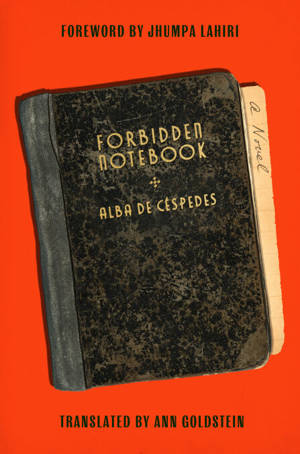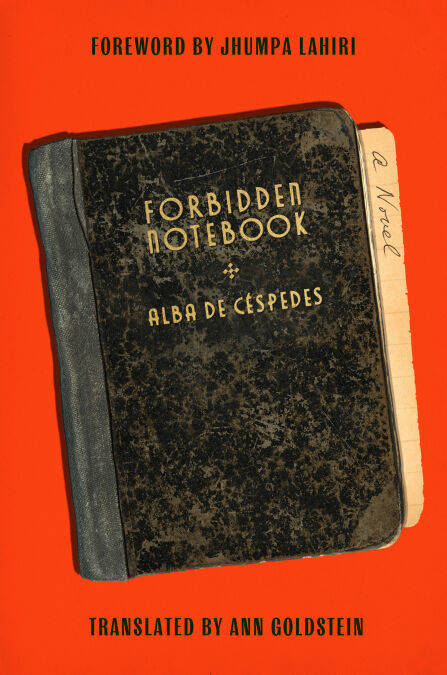
Bedankt voor het vertrouwen het afgelopen jaar! Om jou te bedanken bieden we GRATIS verzending (in België) aan op alles gedurende de hele maand januari.
- Afhalen na 1 uur in een winkel met voorraad
- In januari gratis thuislevering in België
- Ruim aanbod met 7 miljoen producten
Bedankt voor het vertrouwen het afgelopen jaar! Om jou te bedanken bieden we GRATIS verzending (in België) aan op alles gedurende de hele maand januari.
- Afhalen na 1 uur in een winkel met voorraad
- In januari gratis thuislevering in België
- Ruim aanbod met 7 miljoen producten
Zoeken
Omschrijving
A New York Times Notable Book of the Year
“Powerful.” —The New Yorker
“Brilliant.” —The Wall Street Journal
"Astounding." —NPR
“Forceful, clear and morally engaged.” —The Washington Post
“Subversive.” —The New York Times Book Review
"An exquisite, tormented howl." —The Financial Times
"Quick, propulsive, and addictive." —Los Angeles Review of Books
“Gripping.” —Minneapolis Star Tribune
“A remarkable story.” —Publisher’s Weekly (starred review)
“Wrenching, sardonic.” —Kirkus (starred review)
“As relevant today as it was in postwar Italy." —Shelf Awareness (starred review)
With a foreword by Jhumpa Lahiri, Forbidden Notebook is a classic domestic novel by the Italian-Cuban feminist writer Alba de Céspedes, whose work inspired contemporary writers like Elena Ferrante.
In this modern translation by acclaimed Elena Ferrante translator Ann Goldstein, Forbidden Notebook centers the inner life of a dissatisfied housewife living in postwar Rome.
Valeria Cossati never suspected how unhappy she had become with the shabby gentility of her bourgeois life—until she begins to jot down her thoughts and feelings in a little black book she keeps hidden in a closet. This new secret activity leads her to scrutinize herself and her life more closely, and she soon realizes that her individuality is being stifled by her devotion and sense of duty toward her husband, daughter, and son. As the conflicts between parents and children, husband and wife, and friends and lovers intensify, what goes on behind the Cossatis’ facade of middle-class respectability gradually comes to light, tearing the family’s fragile fabric apart.
An exquisitely crafted portrayal of domestic life, Forbidden Notebook recognizes the universality of human aspirations.
“Powerful.” —The New Yorker
“Brilliant.” —The Wall Street Journal
"Astounding." —NPR
“Forceful, clear and morally engaged.” —The Washington Post
“Subversive.” —The New York Times Book Review
"An exquisite, tormented howl." —The Financial Times
"Quick, propulsive, and addictive." —Los Angeles Review of Books
“Gripping.” —Minneapolis Star Tribune
“A remarkable story.” —Publisher’s Weekly (starred review)
“Wrenching, sardonic.” —Kirkus (starred review)
“As relevant today as it was in postwar Italy." —Shelf Awareness (starred review)
With a foreword by Jhumpa Lahiri, Forbidden Notebook is a classic domestic novel by the Italian-Cuban feminist writer Alba de Céspedes, whose work inspired contemporary writers like Elena Ferrante.
In this modern translation by acclaimed Elena Ferrante translator Ann Goldstein, Forbidden Notebook centers the inner life of a dissatisfied housewife living in postwar Rome.
Valeria Cossati never suspected how unhappy she had become with the shabby gentility of her bourgeois life—until she begins to jot down her thoughts and feelings in a little black book she keeps hidden in a closet. This new secret activity leads her to scrutinize herself and her life more closely, and she soon realizes that her individuality is being stifled by her devotion and sense of duty toward her husband, daughter, and son. As the conflicts between parents and children, husband and wife, and friends and lovers intensify, what goes on behind the Cossatis’ facade of middle-class respectability gradually comes to light, tearing the family’s fragile fabric apart.
An exquisitely crafted portrayal of domestic life, Forbidden Notebook recognizes the universality of human aspirations.
Specificaties
Betrokkenen
- Auteur(s):
- Vertaler(s):
- Uitgeverij:
Inhoud
- Aantal bladzijden:
- 272
- Taal:
- Engels
Eigenschappen
- Productcode (EAN):
- 9781662601408
- Verschijningsdatum:
- 16/01/2023
- Uitvoering:
- E-book
- Beveiligd met:
- Adobe DRM
- Formaat:
- ePub

Alleen bij Standaard Boekhandel
+ 16 punten op je klantenkaart van Standaard Boekhandel
Beoordelingen
We publiceren alleen reviews die voldoen aan de voorwaarden voor reviews. Bekijk onze voorwaarden voor reviews.









